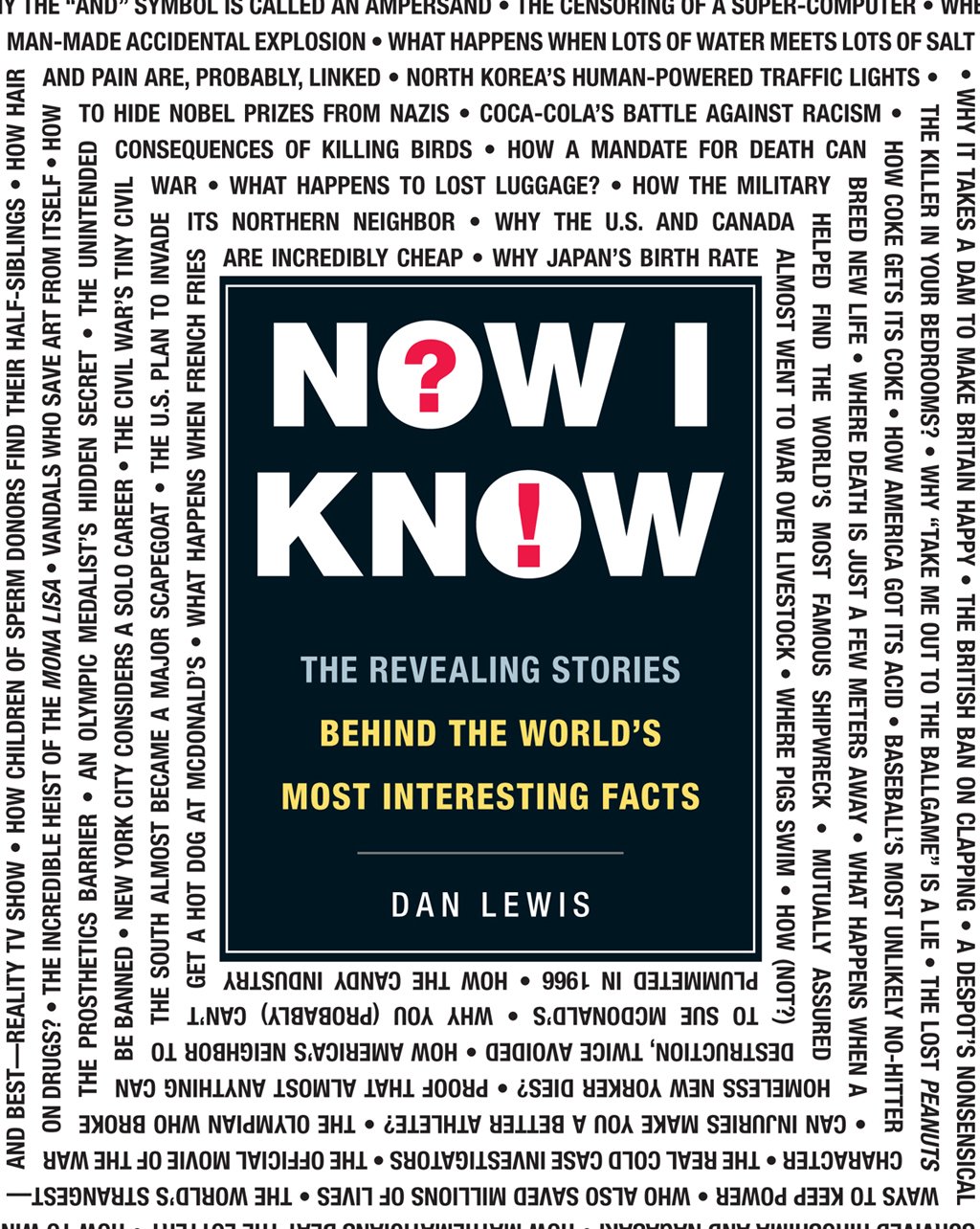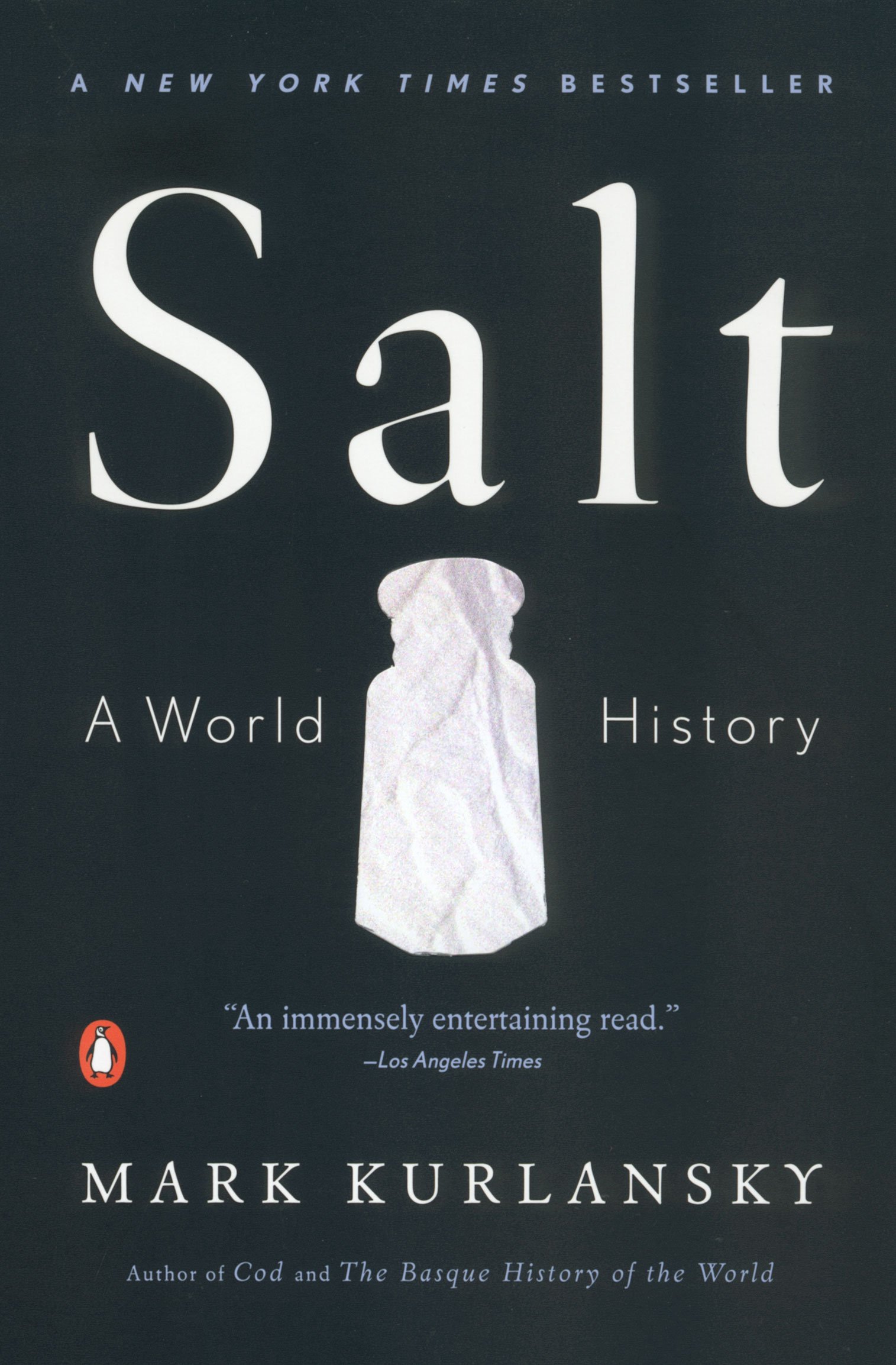Trivia and little-known-fact collectors, these books are for you! Learn the fascinating stories behind everyday objects, customs and facts we usually take for granted.
Ever Wonder Why? (4.5/5 stars, currently priced at $5.98)
Everyone knows that…donuts have holes…we clink glasses before saying a toast…golfers yell “fore!” before teeing off…we nod our heads yes and shake our heads no…But how many of us know why? You’ll learn the answers and a whole lot more in this fun and fact-filled almanac. And all you have to do is ask WHY?!
One reviewer says:
“I got lost in this book for hours. There are answers to questions I didn’t even know to ask–and they’re all fascinating. This book holds the kind of fun and unique facts that will impress and amaze your friends. Do you know why the sea is salty? Why $ means dollars? Why Swiss cheese has holes? Why prostitutes are called “hookers”? Why tennis balls are fuzzy?”
Extraordinary Origins of Everyday Things (4.5/5 stars, currently priced at $8.99)
For lovers of facts, students of popular culture, history buffs, and science enthusiasts, the fascinating stories behind 500 everyday items, expressions, and customs–from Kleenex to steak sauce, Barbie Dolls to honeymoons.
One reviewer says:
“I found this to be one of the most fascinating and interesting books I have ever read. Flip the book open to any page and learn the history of everyday things we take for granted…How were Band-Aids invented? When toilet paper was first invented, why did so few people buy it? Who invented the razor blade, or ready-mixed paint? When were toilets invented? How were false teeth made during the civil war? What commonly available fluid did people use to brush their teeth? Ever wonder where the expression “give the cold shoulder” came from? The custom of shaking hands? All of these mysteries and hundreds more are masterfully revealed by Panati.”
Now I Know: The Revealing Stories Behind the World’s Most Interesting Facts (5/5 stars, currently priced at $9.99)
Did you know that there are actually 27 letters in the alphabet, or that the U.S. had a plan to invade Canada? And what actually happened to the flags left on the moon?
Even if you think you have a handle on all things trivia, you’re guaranteed a big surprise with Now I Know. From uncovering what happens to lost luggage to New York City’s plan to crack down on crime by banning pinball, this book will challenge your knowledge of the fascinating stories behind the world’s greatest facts.
Covering 100 outrageous topics, Now I Know is the ultimate challenge for any know-it-all who thinks they have nothing left to learn.
Praise for the Webby Award-winning newsletter:
“I eagerly read ‘Now I Know’ every day. It’s always fresh, always a surprise, and always interesting!” –Jimmy Wales, founder of Wikipedia and Wikia
Salt: A World History (4/5 stars, currently priced at $9.66)
In his fifth work of nonfiction, Mark Kurlansky turns his attention to a common household item with a long and intriguing history: salt. The only rock we eat, salt has shaped civilization from the very beginning, and its story is a glittering, often surprising part of the history of humankind. A substance so valuable it served as currency, salt has influenced the establishment of trade routes and cities, provoked and financed wars, secured empires, and inspired revolutions. Populated by colorful characters and filled with an unending series of fascinating details, Salt by Mark Kurlansky is a supremely entertaining, multi-layered masterpiece.
Mark Kurlansky is the author of many books including Cod, The Basque History of the World, 1968, and The Big Oyster: History on the Half Shell. His newest book is Birdseye.
What Did We Use Before Toilet Paper?: 200 Curious Questions and Intriguing Answers (4.5/5 stars, currently priced at $8.99)
BAFFLING AND BIZARRE.
ENTERTAINING AND ENLIGHTENING.
This witty and compulsive collection of trivia will captivate and surprise you with its fun and funky revelations:
• Why is New York called “the Big Apple”?
• How do people count cards at casinos?
• What keeps the head on a glass of beer?
• Why don’t you ever see baby pigeons?
• Why is getting married called tying the knot?
* * *
Tech Tip of the Week: What’s The Difference Between SD and Micro-SD Memory Cards?
* * *





